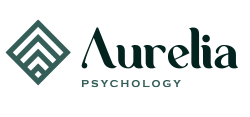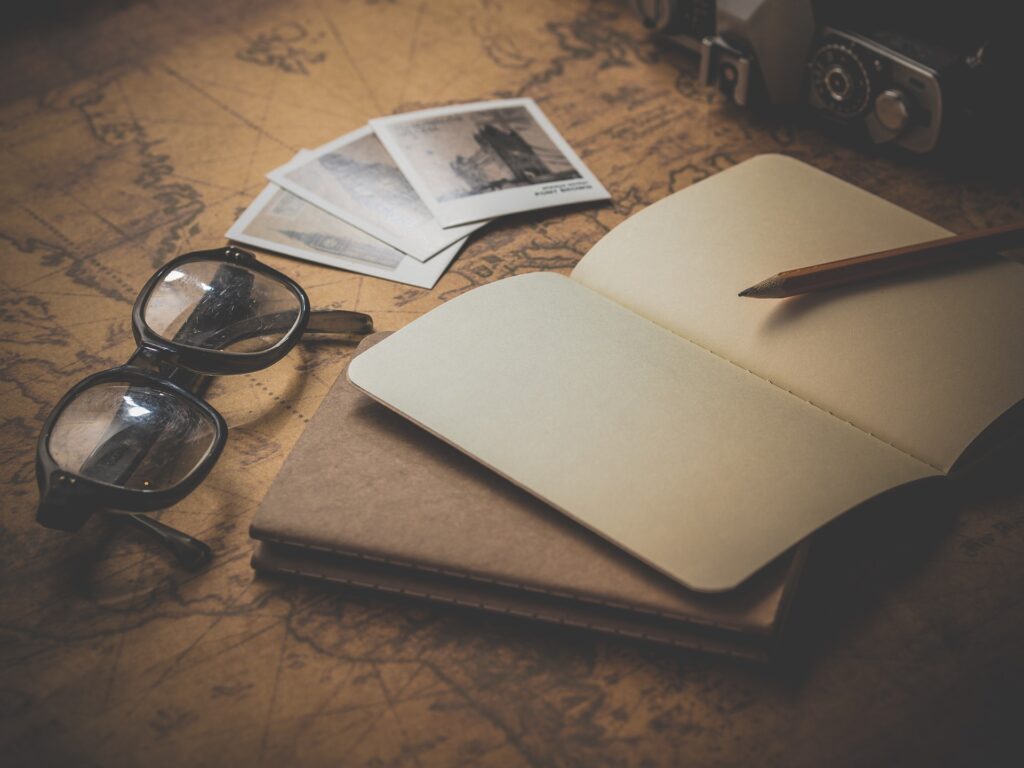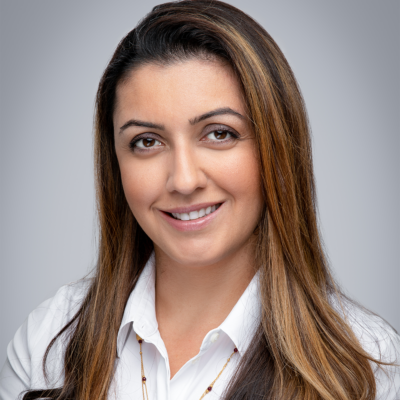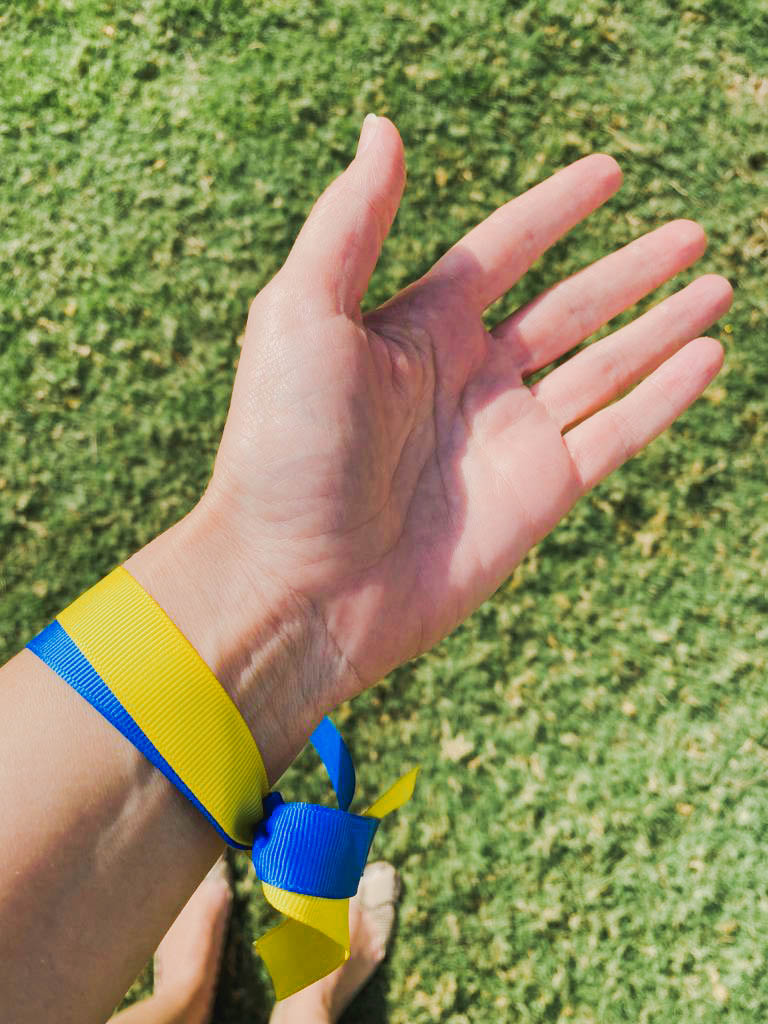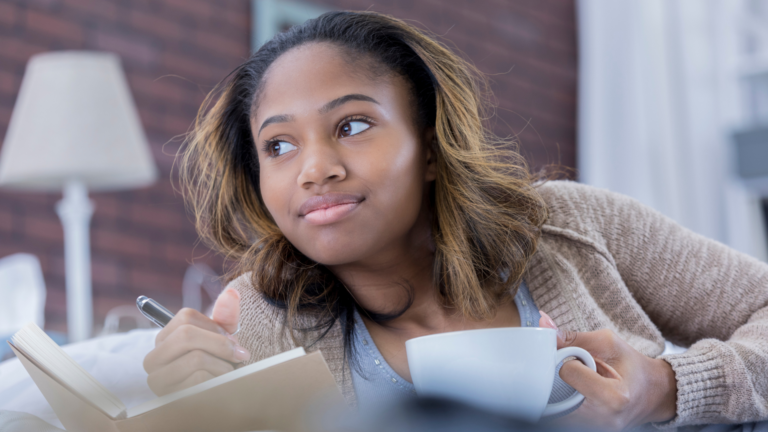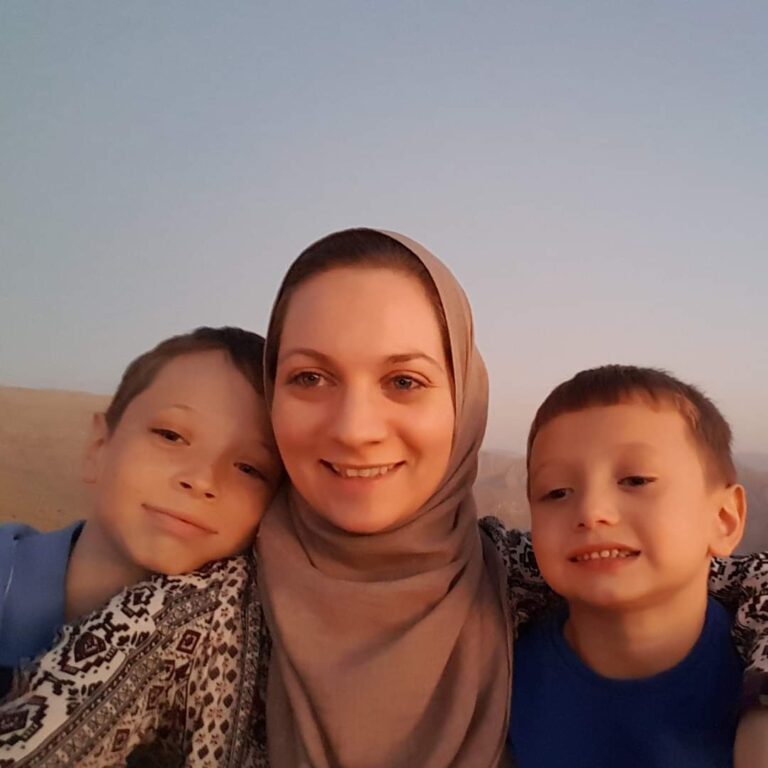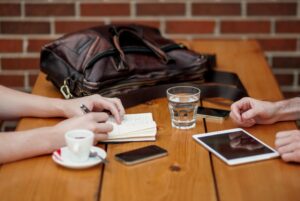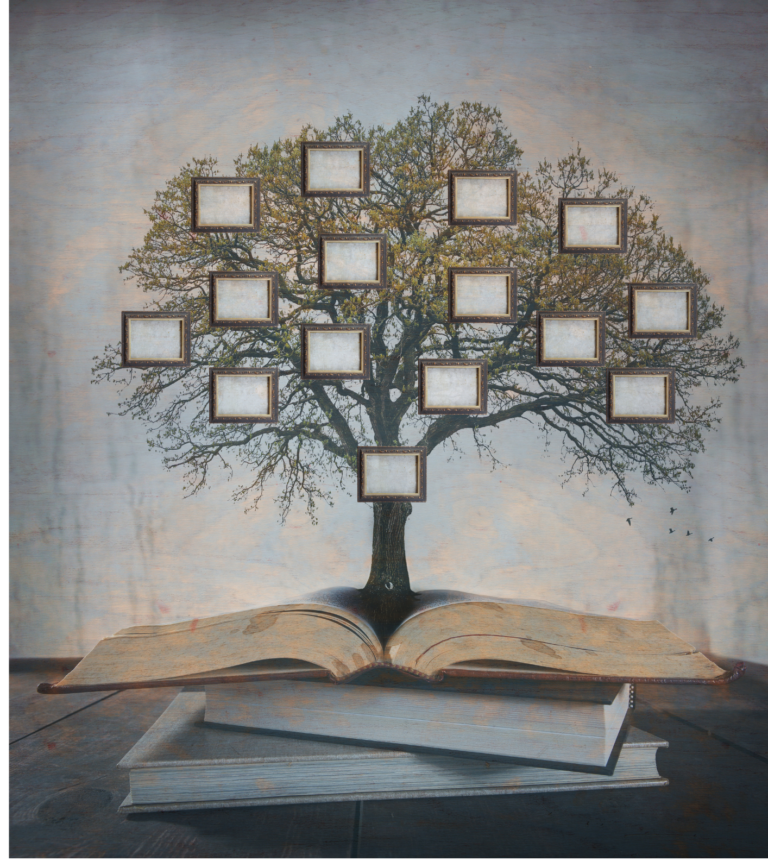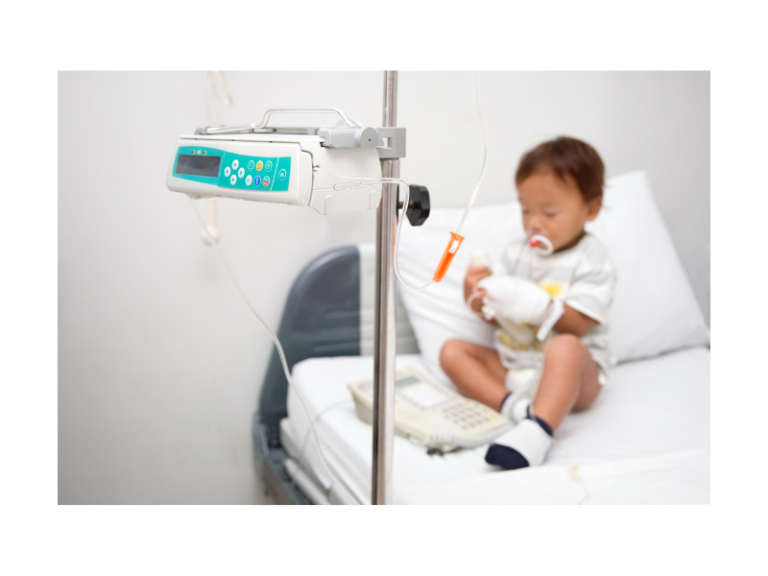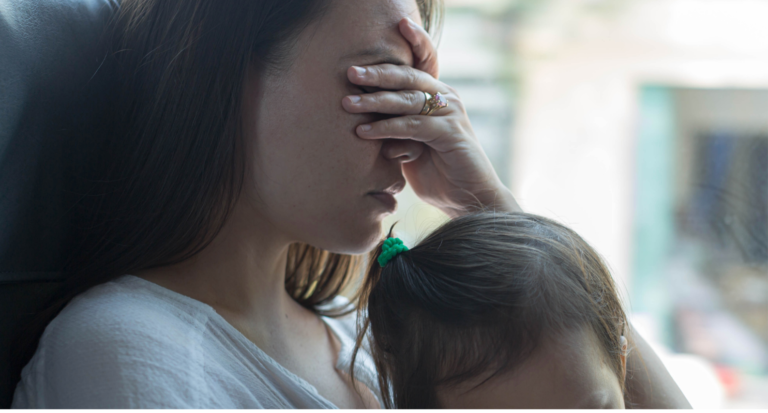The importance of breaks
As I was reflecting on the past year I thought about how much I miss traveling. Our last proper holiday was a family trip to New Zealand. We were excited despite having to go on an eighteen hour journey with small children. This also coincided with the last wedding I’ve been to. Just attending a lovely gathering for such a beautiful occasion with family and friends all there for the same purpose to celebrate a new beginning. I miss that feeling!
In the grand scheme of things this feels like such a small problem. So what we haven’t been on any holidays? We’re healthy and safe and that’s all we can ask for during these strange times. With vaccines being rolled out and the world adjusting to new ways of living, the prospect of travel doesn’t feel as far fetched any more. And this alone is very exciting.
So how do we cope until then? Rather than minimize my desire for freedom and normalcy, I say: Of course we all need holidays and vacations. We all need time off. We all need breaks.
So whilst I can’t travel tomorrow due to many restrictions besides having a full time job, small children, and closed borders, I will focus on other ways of resetting and taking breaks.
Signs that you need to reset
Let’s first look at signs that you need to reset:
- You are physically tired: You feel drained and exhausted and unable to see the light at the end of the tunnel. Energy and motivation are running low.
- You feel irritable: Despite your best efforts, you catch yourself being short with people around you and being impatient over small things.
- You can’t concentrate: It is difficult for you to be productive with your day. You’re zoning out or can’t think clearly. Decisions feel hard.
How can you reset in an effective way?
1. Relax your body on a regular basis
At least once every two hours, close your eyes or look downward to tune into yourself. Notice your body, your shoulder, your core and gut. Allow whatever is there to be there. Then take 3 intentional, slow breathes, breathing in counting to 7, pause, breath out counting to 7. Notice how when you exhale slowly, your body and muscles start to relax, your shoulders start to drop more heavily and your body starts to relax. This is the equivalent of dealing with a device that is being slow and running out of battery, plugging it in and restarting it.
2. Find your calm place
Go to your calm place in your mind. A calm place is an ideal place in nature. A place that’s imaginary or real. Someplace that’s completely devoid of any bad memories or stress. This place gives you pure feelings of calm and joy. You can close your eyes and take yourself there. Name everything you can see around you, everything you can hear, everything you can smell, everything you can sense on your skin and in your body. Then focus on the feeling of calm in your body and allow that to spread all throughout. Stay there for a few minutes.
3. Plan a trip
Plan your ideal holiday. Look at beautiful images online or in magazines. Indulge yourself in the idea of traveling to your favorite or top place destination once you are able to travel. You can also think about who you would go with or whether you would go alone. What you would take with you? Which season would you go and for how long? Be as detailed as possible. Don’t worry about practicalities. This is a time to let yourself run wild with your imagination and have fun with it.
The truth is I miss the world we had before the pandemic. I even miss the airport! I miss travel as we knew it. I miss our freedom. We might never go back to how things used to be so we have to find ways to adjust. We have to come up with what works for us in order to cope.
And remember, we can always travel into our selves. Have a look at our Ask Yourself series if you need some help in getting started on this journey.
Dr. Ava Ghasemi (Holdich) is a licensed Psychologist with 11 years experience in the U.S., Canada and the Middle East. She has a practice of individual and couples therapy at the MapleTree Center in Dubai.
- Dr. Ava Ghasemi Holdich, Clinical Psychologisthttps://stg.dcodified.com/aurelia/author/dr-ava-ghasemi-holdich-clinical-psychologist/
- Dr. Ava Ghasemi Holdich, Clinical Psychologisthttps://stg.dcodified.com/aurelia/author/dr-ava-ghasemi-holdich-clinical-psychologist/
- Dr. Ava Ghasemi Holdich, Clinical Psychologisthttps://stg.dcodified.com/aurelia/author/dr-ava-ghasemi-holdich-clinical-psychologist/
- Dr. Ava Ghasemi Holdich, Clinical Psychologisthttps://stg.dcodified.com/aurelia/author/dr-ava-ghasemi-holdich-clinical-psychologist/
